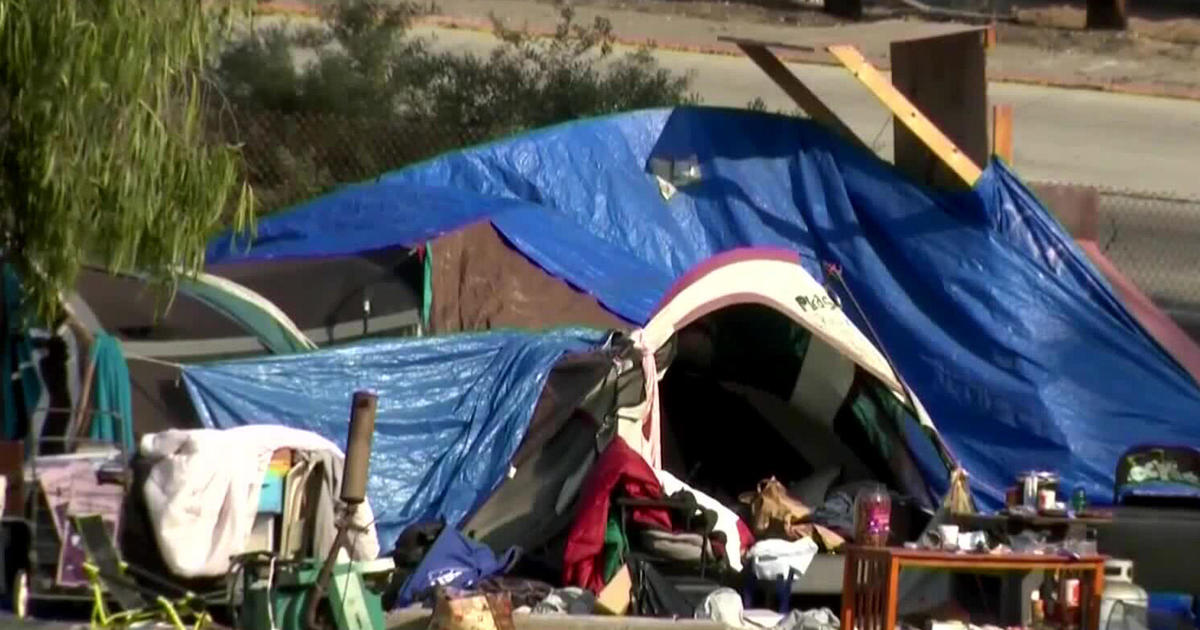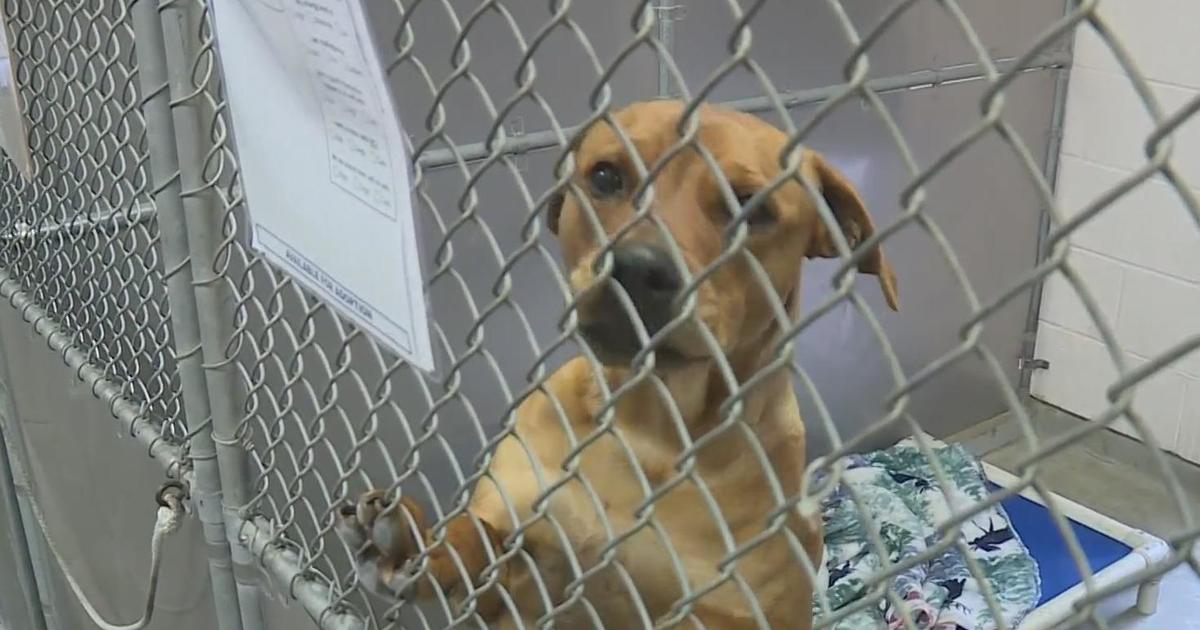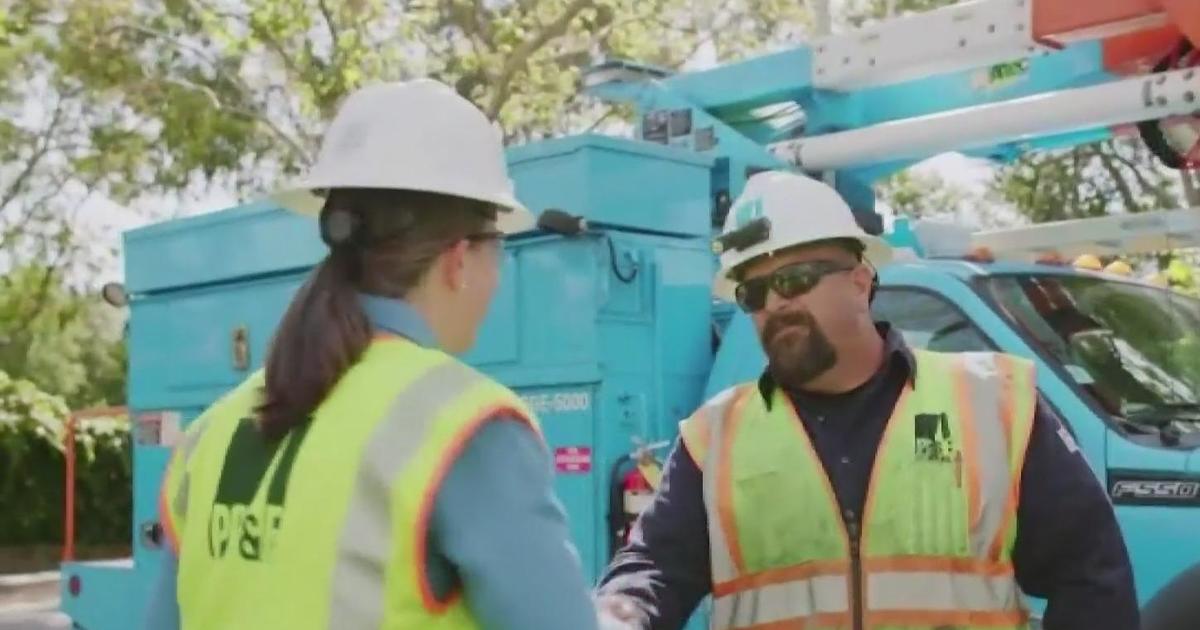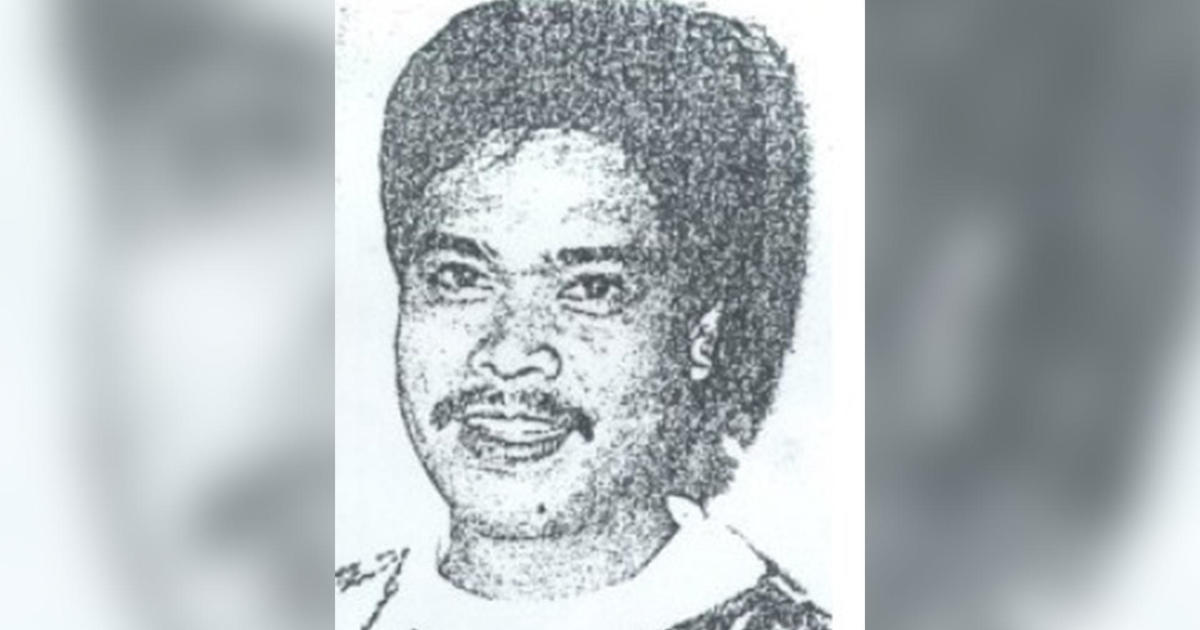Supreme Court To Hear CA Prison Crowding Case
SACRAMENTO, Calif. (AP) -- In a case pitting states rights against the power of the federal judiciary, the U.S. Supreme Court will hear arguments about a federal court order requiring California to release inmates from its overcrowded prisons.
At issue during Tuesday's hearing is the medical and mental health care delivered to inmates in the nation's largest state prison system.
Eighteen other states have joined Gov. Arnold Schwarzenegger's administration in urging the justices to reject the order as overreaching and arguing that it poses a threat to public safety. Attorneys general elsewhere fear they could face similar legal challenges if the decision survives.
A 2005 ruling by a federal judge in San Francisco found that an average of one inmate per week was dying in California prisons as a result of medical neglect or malfeasance. The prison health care system has been judged so poor that the federal courts have found it violates the constitutional rights of inmates.
Last year, a three-judge panel of the 9th Circuit Court of Appeals ruled that reducing the inmate population by about 40,000 inmates is the only way to improve medical and mental health care.
California has been fighting lawsuits over its treatment of inmates for two decades, but this is the first time the battle has reached the nation's high court. It is also the first time the justices will consider a prisoner release order in any state under a 1996 federal law that governs judges' actions in inmates rights cases.
The Supreme Court agreed to hear the state's argument that the three judges overstepped their authority. Specifically, the judicial panel gave California two years to trim the population of the state's 33 adult prisons to about 110,000 inmates. More than 144,000 inmates are now in the prisons, which were designed to hold about 80,000.
The judges' order "represents the highest level of federal court interference with state prison management and fails to take into account the adverse effects it will have on public safety," Andrea Hoch, Schwarzenegger's legal affairs secretary, said in a statement this week. "This appeal is important to preserve the state's rights to operate its criminal justice system."
The administration says conditions have improved as it gradually reduces crowding and improves care.
California has been lowering the prisons' population through changes in parole and sentencing policies that free some ex-convicts from supervision and by sending about 10,000 inmates to private prisons in other states. Another 5,000 have been authorized for transfer out of state.
Separately, the state has clashed with a federal judge who appointed a receiver in 2006 to oversee all aspects of California's prison health care system.
The receiver has more than doubled the prisons' annual medical budget from $707 million to $1.5 billion, hired more medical staff and increased salaries. The receiver reported 46 inmate deaths last year that might have been prevented or delayed with better medical care. That was an improvement from 66 preventable deaths in 2008 and 2006, and 68 in 2007.
Attorney General Jerry Brown, who will become governor in January, has said the receiver's demands constitute a threat to state sovereignty and that California should be protected from a federal court raid of the state's budget.
Attorneys representing inmates counter that conditions remain in a crisis state despite the steps taken by the state and the court-appointed health care receiver.
"It's an enormously important case," said Erwin Chemerinsky, dean of the University of California, Irvine School of Law, who is not representing any party in the ongoing court battles. "The reality is that the California prisons are desperately overcrowded, and as a result prisoners receive grossly inadequate medical care. The question then is, what can the federal courts do about it?"
He said the Supreme Court's ruling may hinge on whether the judges successfully followed a complex federal law that lets courts order the early release of inmates only if a special judicial panel decides all other options have been exhausted.
The state said in its written argument to the court that the creation of the three-judge panel and its order violate the 1996 Prison Litigation Reform Act.
The state contests the judges' ruling that overcrowding was the primary cause of the health care deficiencies, or that reducing the number of inmates would solve the problems.
The state's lawyers say the judges could have helped mentally and physically ill inmates without such a sweeping order. Releasing inmates will jeopardize the public unless the state invests in rehabilitation programs it cannot afford as it faces a $25 billion budget gap over the next 18 months, the state contends.
Inmates' rights attorneys say the three judges had no choice after the state ignored or violated more than 70 court orders since a lawsuit challenging prisons' medical care was filed in 1990.
Most of the evidence favors the inmates, but conservative justices will be reluctant to intervene in state decisions, said Frank Zimring, a University of California, Berkeley law professor who has studied California prisons for nearly 30 years.
The pending Supreme Court decision will help determine how the 1996 federal law is applied nationwide when judges see constitutional violations, although no other state appears to have prison problems as severe as California, said Amy Fettig, a lawyer with the American Civil Liberties Union's National Prison Project.
Louisiana Attorney General Buddy Caldwell filed a friend of the court brief supporting California on behalf of the other 18 states, including Colorado, Illinois, Pennsylvania and Texas. Other states have a substantial interest because they also could face lawsuits seeking to force large-scale prisoner releases, Caldwell said in the brief.
"States like Louisiana must make difficult decisions about their correctional systems every day, and they must be given flexibility by the federal courts in the face of tight budgets and growing prison populations," Caldwell's appellate chief, Kyle Duncan, said in a statement.
Even as the administration appeals the order, Schwarzenegger has long recognized the dangers of crowding and taken steps to create space, said Don Specter, who as director of the nonprofit Berkeley-based Prison Law Office will argue the case on behalf of inmates.
"I'm not sure why the state is taking the position it is and fighting it so hard when there is consensus this is the main barrier that has to be resolved before things can get better," Specter said.
If the ruling is upheld, the state will have two years to act once the final order takes effect.
The administration has said meeting the judges' deadline would require California to keep criminals convicted of drug possession, receiving stolen property, theft and check fraud in county jails instead of state prisons. Some lower-risk inmates would serve the last 12 months of their sentences under house arrest enforced by satellite-linked ankle bracelets tracking their movements.
Several of the changes would require modifications in state laws and would burden counties already dealing with crowded jails and dwindling budgets, the administration said.
------
The case is Schwarzenegger v. Plata, 09-1233.
(Copyright 2010 by The Associated Press. All Rights Reserved.)



